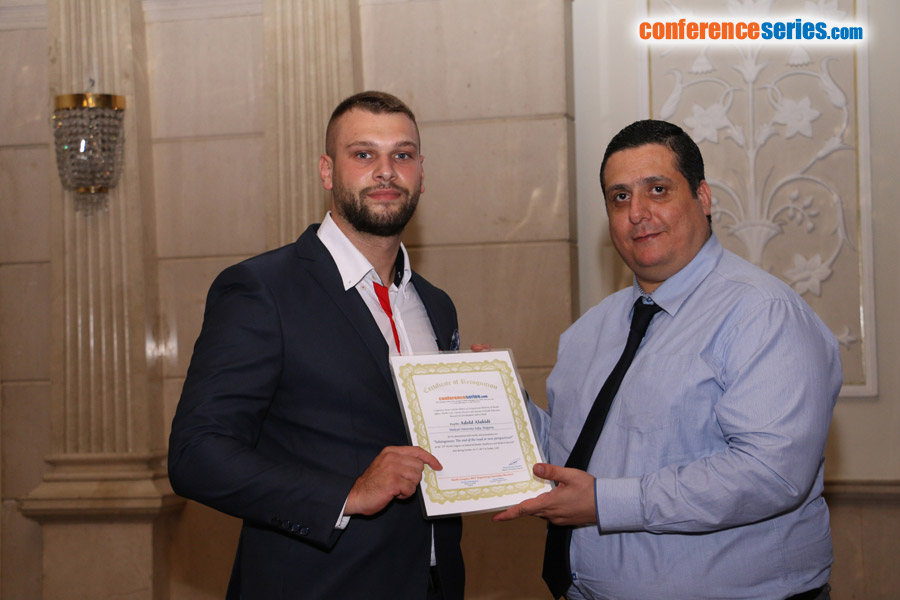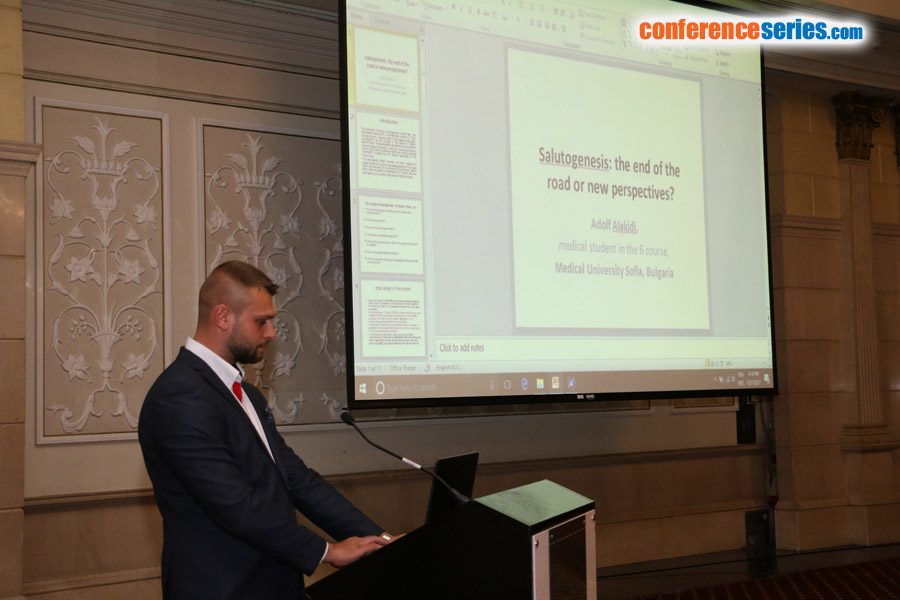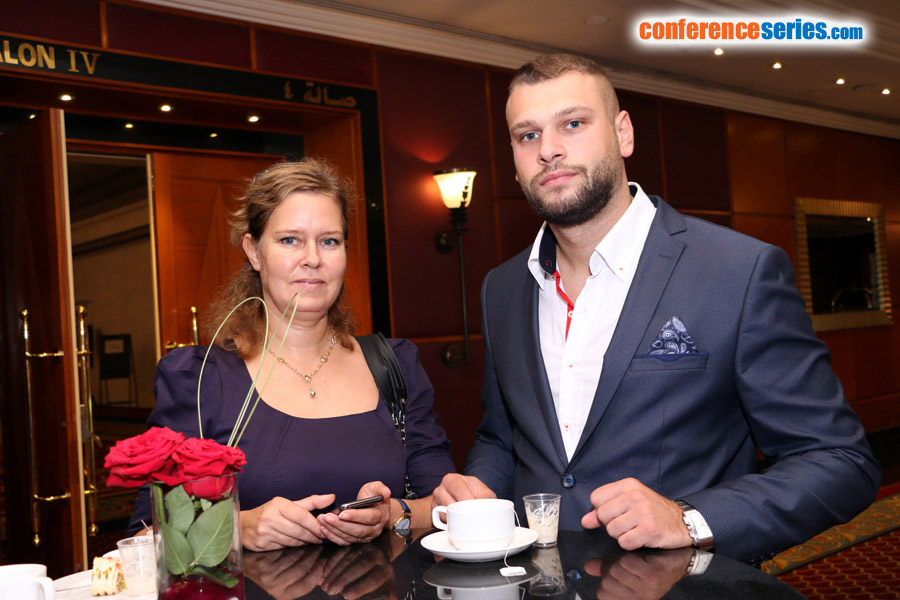
Adold Alakidi
Medical University Sofia, Bulgaria
Title: Salutogenesis: The end of the road or new perspectives?
Biography
Biography: Adold Alakidi
Abstract
Salutogenesis is the counterpoint of the concept of risk factors in modern epidemiology and of the pathogenetic approach in medicine. The interest is focused on the triggering forces of sustainable health care, perceived as a health continuum/unity rather than a dichotomy variable. We analyze the model of salutogenesis, developed by the medical sociology professor Aaron Antonovsky, which is based on the multidimensional dependence of health focusing on two cores: The generalized resistance resources and the coherent spirituality in its tridimensional nature. Lasting for more than 30 years, despite some critics and relative vulnerability, the constructive and logical approach to this theory is the reason for continuing scientific interest and the further upgrade of the theory. The comparison between the pathogenetic and salutogenetic concepts in the context of modern interpretation is the starting point for a paradigm change in preventive medicine and health promotion. The salutogentic thesis reverses the basic questions of classic medicine: Why and what makes people sick? The major dilemmas here are: Why do some individuals remain healthy even when exposed to constellations of multiple risks and pathogens, psychosocial pressure and critical life events? The concept of slautogenesis is focused mainly on: (1) The individual being both healthy and ill at the same time, (2) Asking questions: (a) What produces health? (b) How do we sustain/preserve health? (c) What factors stimulate/provoke health? (d) What are the prerequisites for health improvement after a period of sickness? (e) How individuals get healthier and less ill? (f) What distinguishes individuals, who regardless of extreme burden do not get sick?





